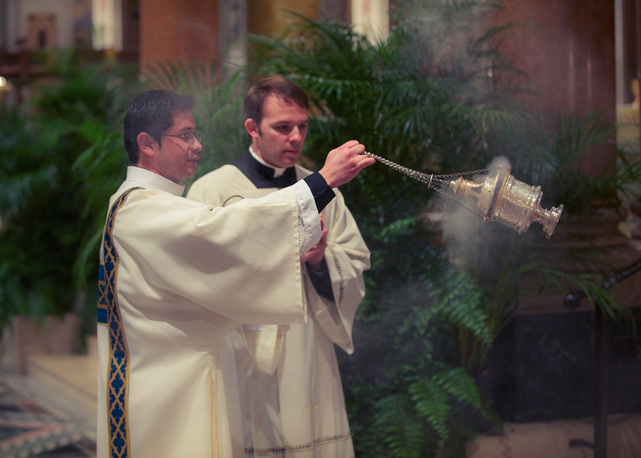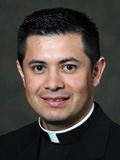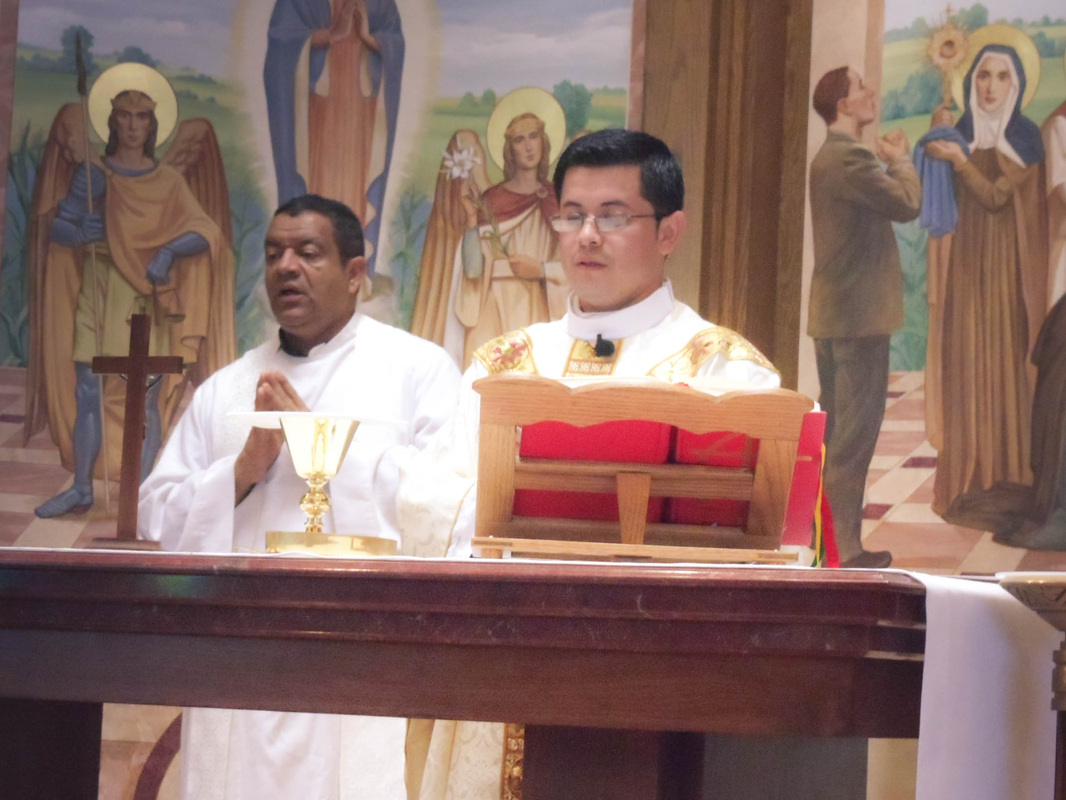|
Dear brothers and sisters, St. Paul, in his First Letter to the Corinthians, writes, “Brothers and sisters: I should like you to be free of anxieties. An unmarried man is anxious about the things of the Lord, how he may please the Lord. But a married man is anxious about the things of the world, how he may please his wife, and he is divided. An unmarried woman or a virgin is anxious about the things of the Lord, so that she may be holy in both body and spirit. A married woman, on the other hand, is anxious about the things of the world, how she may please her husband” (1 Cor 7:32-34). St Paul, in this passage, explains the two ways through which we can serve God; the priestly and celibate life as well as the marital-conjugal life. According to St. Paul, the celibate person is more able to give fully his/her life to God’s service. Since the person in this particular vocation does not have the concerns of providing and caring for a family. Therefore the person can dedicate more time to prayer and God’s service through the community. Celibate people are those who have not formed a family and have decided to live in the virtue of chastity. They are not only priests but men and women in the consecrated life who have made a vow of chastity and dedicated their lives to prayer and pastoral work. Some lay people also live a celibate life. For instance, people who are not married are called to celibacy. Also people whom have been married and lost their spouse and decided to stay as widows are called to the vocation of celibacy. The vocation to a life of celibacy certainly is a sacrifice. But this sacrifice is not in vain. If it is accepted and lived in the context of prayer and service it is a life which yields many fruits. Only in this context the sacrifice becomes a joy. Surely God calls every human being, married or celibate, to the life of service and holiness. Let us pray for all who have been called to the state of celibacy so that their sacrifices will become blessings for many. God bless you. Queridos hermanos y hermanas,
San Pablo, en su primera carta a los Corintios escribe, “Hermanos: Yo quisiera que ustedes vivieran sin preocupaciones. El hombre soltero se preocupa de las cosas del Señor y de cómo agradarle; en cambio, el hombre casado se preocupa de las cosas de esta vida y de cómo agradarle a su esposa, y por eso tiene dividido el corazón. En la misma forma, la mujer que ya no tiene marido y la soltera se preocupa de las cosas del Señor y se pueden dedicar a él en cuerpo y alma. Por el contrario, la mujer casada se preocupa de las cosas de esta vida y de cómo agradarle a su esposo” (1 Cor 7, 32-34). San Pablo aquí explica las dos formas de servir a Dios, la vida sacerdotal y célibe y la vida matrimonial-conyugal. Es claro que según San Pablo la persona célibe puede dedicarse más de lleno al servicio de Dios. Pues la persona en esta vocación, sin tener las preocupaciones del sustento y educación de una familia en particular, se puede dedicar de tiempo completo a la oración y al servicio de la comunidad. Las personas célibes son aquellas que no han formado una familia y deciden vivir en la virtud de la castidad. Ellas no solamente son los sacerdotes también están los religiosos y religiosas que han decidido consagrarse a Dios y dedicar su vida al trabajo pastoral. Algunos laicos también viven una vida célibe. Por ejemplo las personas que no se casaron están llamadas a vivir el celibato. También aquella persona que se ha casado pero que con el tiempo ha perdido su esposo o esposa y decide quedarse sola es también llamada a la vocación al celibato. La vocación a una vida de celibato sin duda que es un sacrificio. Sin embargo este sacrificio no es en vano. Si se acepta y se vive la vida de celibato en la oración y el servicio es una vida que produce muchos frutos. Solo así el sacrificio se convierte en alegría. Claro está que Dios llama al servicio y a la santidad a todas las personas célibes o casadas. Oremos por todas las personas que han sido llamadas a la vida ce celibato para que su sacrificio se vea compensado en una vida fructífera de oración y servicio. Dios los bendiga.
0 Comments
Leave a Reply. |
Rev. Johnson LopezFather Lopez is Pastor of Saint Patrick Catholic Church in Rochelle, IL. Categories
All
Archives
April 2017
|


 RSS Feed
RSS Feed

